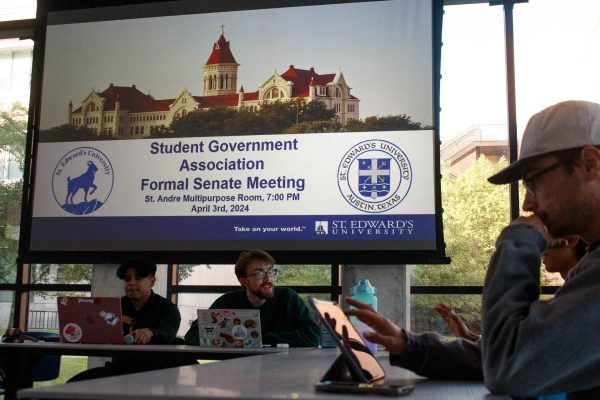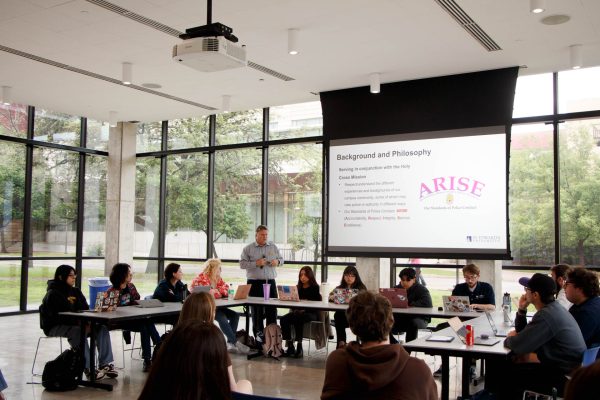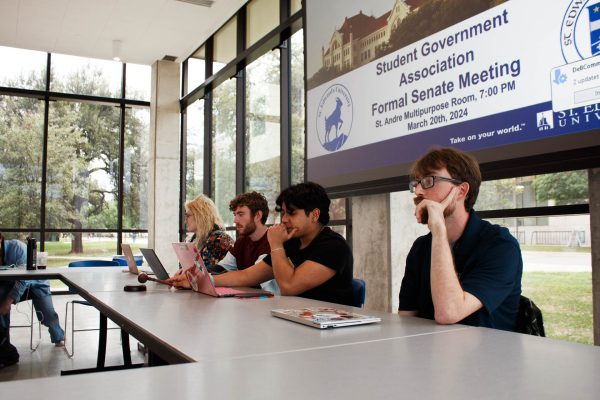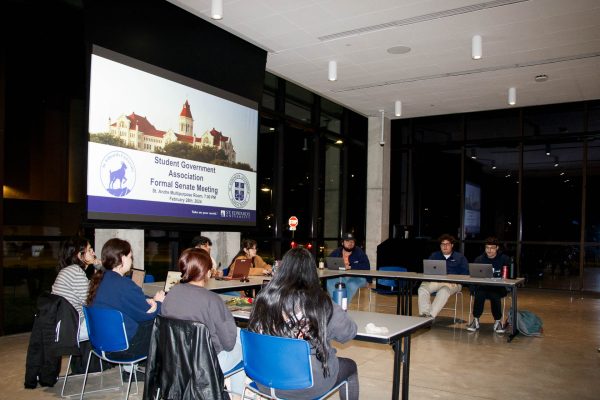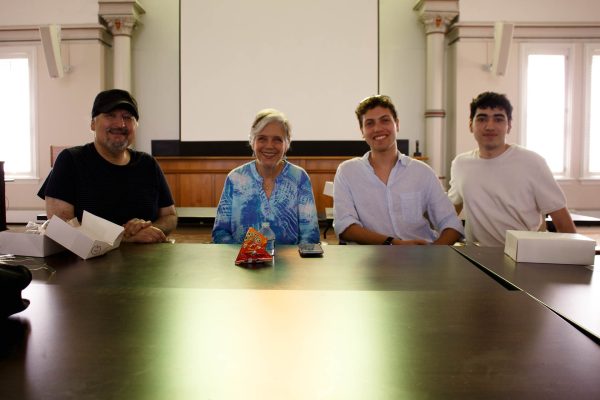SGA puts smoking, green fund resolutions on election’s ballot
The Student Government Association added two referendums to the ballot this voting season, which include a green fund and a tobacco smoke-free campus.
During a formal Senate meeting on March 31, the Senate voted that these referendums be up for students to vote on their preference in regard to implementing these policies or continuing with current policies.
Students can vote on the same ballot used to vote for President and Vice President of SGA for the 2016-2017 school year. The ballot will be available online on CollegiateLink and at voting stations on campus on April 15.
If voters turn out in favor of these referendums, SGA would then recommend to the university’s administration to take action so that the process of instituting the referendums, or a compromised version, would be implemented.
Either of these referendums have the potential to change aspects of campus that students feel strongly about.
A green fund, proposed by vice presidential candidate Sen. Carlos Martinez, would entail that students contribute monetary funds around the ballpark of $5-10 every year to be used towards more “green” efforts to be instituted on campus. Possible ideas include water fountains that include taps for water bottles or lights that turn off automatically when no motion is detected in the room.
Since the green fund is a referendum made solely to gauge student preference, it also has the potential to be an optional choice made by students rather than a required fee.
The tobacco smoke free campus referendum, proposed by Sen. Andrea Ojeda, states that instead of students being allowed to smoke 15 feet away from doors, they would not be allowed to smoke on campus at all.
Sen. Gregory Reck anticipated feedback from the student body on instituting designated smoking zones instead of an outright ban as a compromise, making it a possibility for this referendum.
A potential problem to that compromise, however, is working out the logistics of how far away a student would have remain from a designated smoking area in order to not be affected by secondhand smoke.
Additionally, smoking zones would be a pressing issue for those who live on campus, who would prefer to not have to leave in order to smoke.
“As long as there was a consensus as to where the zones were located, not just next to Jo’s … Next to the dorms would be important for me, if we could agree on where the zones were, I would be fine with that,” freshman Cameron Hale said.
The smoking policy was an issue that continually came up when SGA asked students what the most pressing issues facing the campus are at the beginning of the year Ojeda said.
“I had a student approach me, worried about her health and citing previous asthma attacks, asking SGA to address the issue,” she said.
Stakeholders on both sides of the issues of a green fund and on campus smoking have the possibility of being affected in the coming years once voting is completed.





